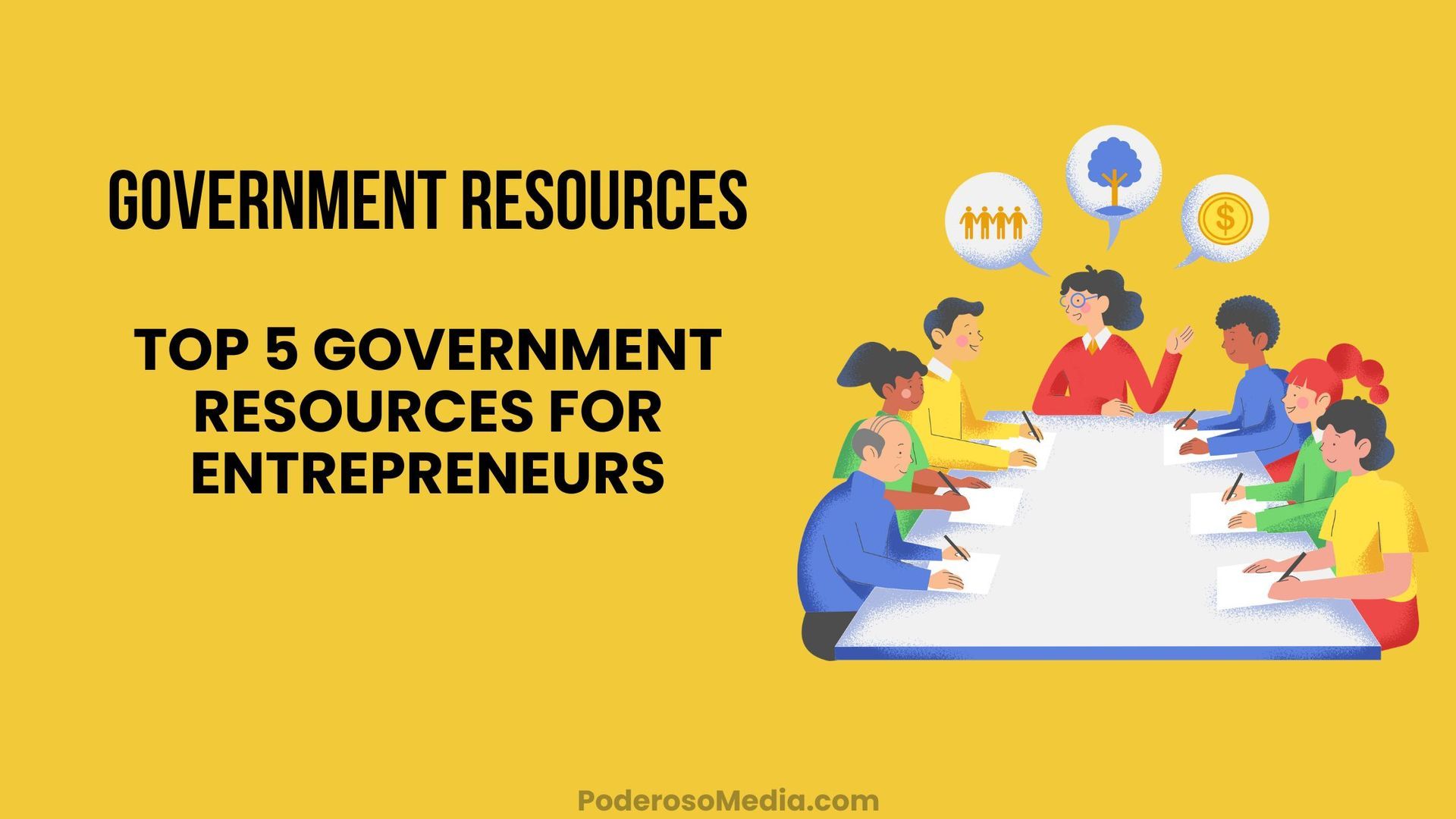
So, you’ve got a killer startup idea. But there’s a problem: you need capital—lots of it. Traditional bank loans feel like a trap, and you're not quite ready for venture capitalists. This is where angel investors pop up in the picture.
What exactly do angel investors do? Angel investors offer startup funding sources, bridging the gap between bootstrapping and larger funding rounds. They can be your ticket to early-stage success.
No one angel investor is the same. Some angel investors are (rightfully) selective about what companies they include in their investment portfolios. It's no surprise. Angel investors want to back the startup with the highest chance of succeeding, and any indication of decline or failure may cause them to pull back.
Despite the concerns of angel investors, we'll explore how to attract and find the right angel investors for your startup in less than 5 minutes. Let's dive in!

What exactly are Angel Investors?
According to Investopedia, angel investors are wealthy individuals who invest their personal funds into early-stage startups in exchange for an equity stake or convertible debt. Angel investors are often experienced entrepreneurs themselves, looking to invest in the next big company.
These business angels often bring invaluable business wisdom, industry connections, and strategic guidance for startups and founders. They can help your startup avoid costly mistakes, scale efficiently, and manage important legal aspects like trademarks and contracts.
Angel investments also offer founders access to industry veterans who understand private equity, funding startups and helping with the development of their business plan, something invaluable for seeking seed money.
Benefits of Angel Investors
Angel investment is more than just money; it's about mentorship and guidance. The insights they offer—honed by years of experience—can be transformative. These private investors typically invest smaller amounts and can be great for connecting startups to institutional investors looking for higher levels of investments later in a startup's lifecycle.
Consider the potential for introductions to customers, feedback on product development, and access to a network of future investors. Angel investors can even help save you time by guiding you through the fundraising and valuation process.
Having an experienced advisor in your corner also boosts your startup's credibility. While most expect a significant return, their primary goal isn't solely financial. Many find satisfaction in mentoring the next generation of entrepreneurs.
Strategies To Find Angel Investors
While some business angels may appear on shows like Shark Tank, finding the right one for your venture requires targeted effort and smart strategies. Here's how angel investing works.
Network Like Your Startup Depends On It (Because It Does)
Your existing network—friends, family, former colleagues—can be a goldmine. But don’t stop there; attend industry events and join online communities like Startup Grind and Founders Network. Many investors and startup opportunities appear at these industry and networking events, allowing potential angel investors direct contact to meet new business founders.
Become a regular at local startup ecosystems. Angel investors might be right in your backyard. Even if someone isn’t a direct investor, they might know someone who is.
Online Platforms: Your Digital Gateway to Angel Investors
Online platforms now cater specifically to connecting startups with potential investors. These platforms are excellent funding sources and can greatly benefit startups needing private equity. Many platforms, such as the Angel Investment Network, have excellent educational resources and investor FAQs to inform startups and private investors further alike.
Here are additional platforms to look into:
- AngelList: Online platform connecting startups with angel investors.
- WeFunder: Crowdfunding platform allowing people to invest in early-stage startups and businesses.
- StartEngine: Crowdfunding platform allowing people to invest in startups.
- Republic: Crowdfunding platform for angel investors.
- Gust: Online platform connecting founders with angel investors and venture capitalists.
Resources For Finding Angel Investors
Beyond online platforms, many resources and groups can connect you with angel funders for angel investing. Angel groups like the Angel Capital Association (ACA) and Golden Seeds are two resources offering you investment opportunities and connecting you with other entrepreneurs.
Accelerators and incubators often have strong ties to angel networks. Check out programs like Y Combinator, TechStars, and 500 Startups to tap into existing angel investment networks and communities.
Investors invest with specific goals in mind, be sure to know yours when considering who to approach to better tailor the investment discussion to be a potential fit from both sides.
Tap Into Angel Investing Today
Finding and securing angel investment isn’t easy. But with practical strategies, determination, and some self-belief, you can transform your idea into a thriving business.
It's your duty to do thorough research on potential angel investors, including their specific criteria, requirements, and expectations. You want to make sure that your angel investors align with your company's values.
Remember, angel investors are also more than a source of funding. They are partners, mentors, and guides, supplying a wealth of experience, knowledge, and connections to help drive your company's growth. Develop high-quality, aligned connections with angel investment networks and communities to give you access to the resources you need to build a top-notch, bad-ass company.
Angel Investor FAQs
What are angel investors?
Angel investors supply capital to a business or startup in exchange for ownership equity. They typically have a say in the company's decision-making.
Not to be confused with venture capitalists. Venture capitalists often offer more capital and expect more equity in return.
What does an angel investor do?
Angel investors provide capital to a business or startup in exchange for ownership equity.
How do I find an angel investor?
You can find angel investors through online platforms, networking, accelerators and incubators, and through angel investment firms.
To find angel investors for your company, check out online platforms like AngelList, Gust, and the Angel Investment Network. You can also tap into your own network for connections to angel investors.
Who is an example of an angel investor?
Peter Thiel, Ron Conway, Naval Ravikant, and Mark Cuban are all examples of famous, well-known angel investors.
Do you pay angel investors back?
Typically, no. Angel investors invest money into your company in exchange for equity stake in your business.
Check out our other articles!




